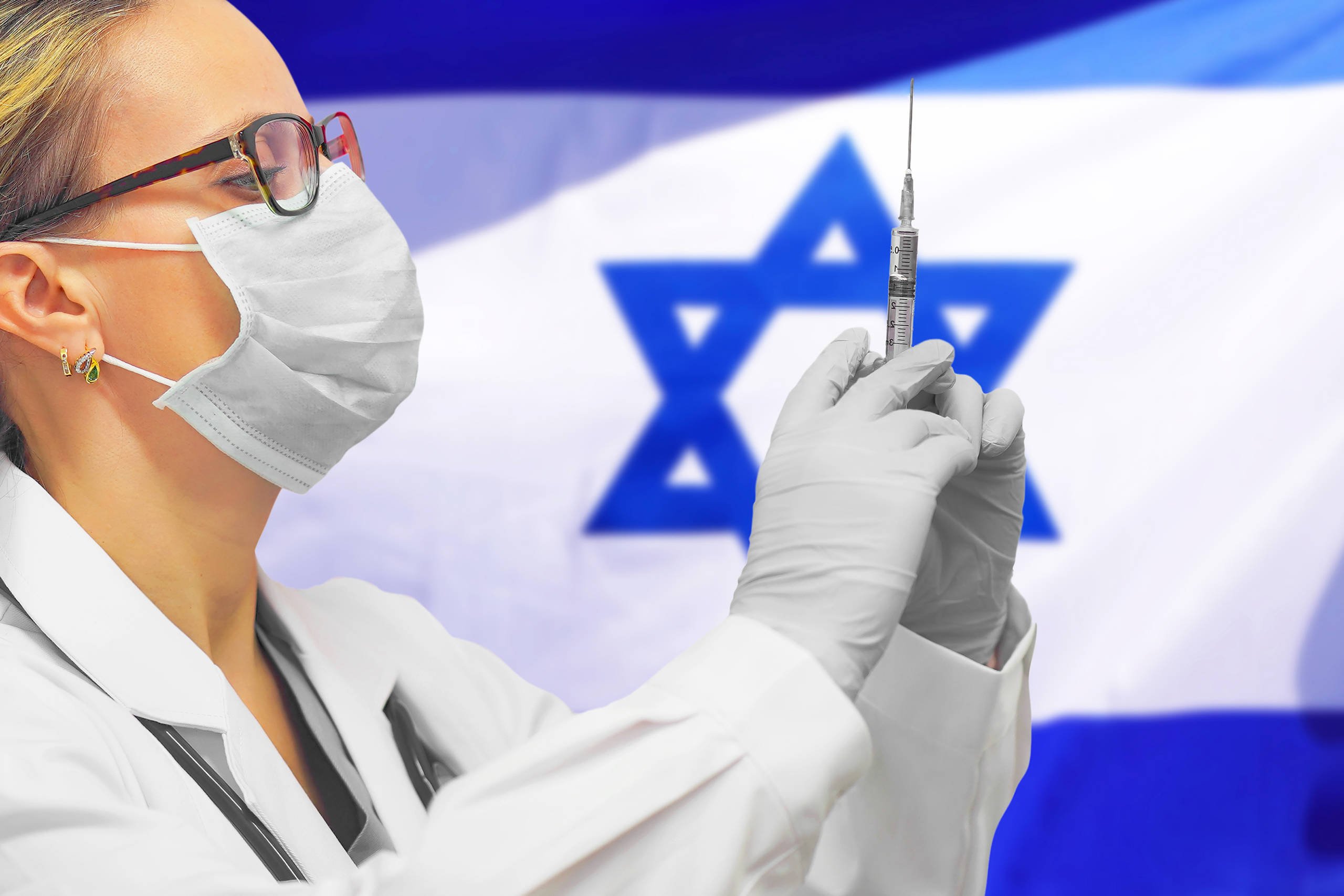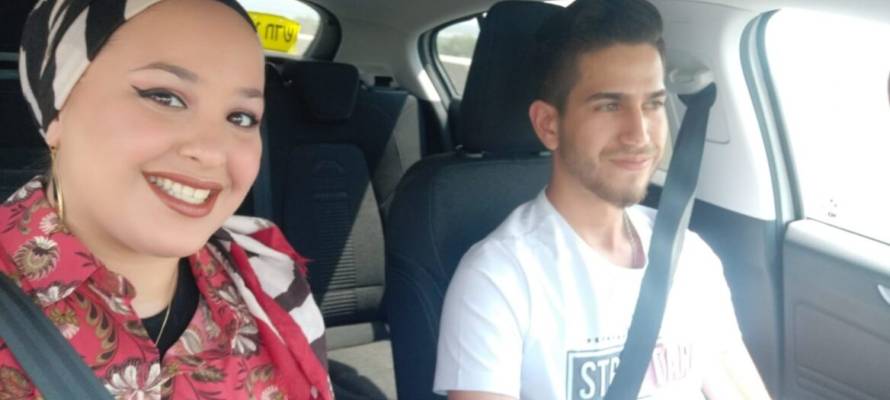
Tova Safranai is just 18, but that doesn’t stop her from reaching out to desolate youth and helping them believe in themselves and a better future.
By Naama Barak, ISRAEL21c
Tova Safranai has been running her non-profit supporting at-risk youth for about two years. Which wouldn’t be a big deal if she weren’t just over 18. She began operating her volunteering endeavor at the ripe old age of 16.
What makes it even more remarkable is the fact that Safranai is ultra-Orthodox – not necessarily the type of person you’d imagine strolling the dark alleyways of Jerusalem on the lookout for drunk, high or miserable runaways.
Safranai started her organization, Free Love – Giving for the Sake of Living, after learning of the sad death of a young runaway in Jerusalem.
Within a few days, she and her sister got together hundreds of sandwiches, chocolates and water bottles and took off to the city’s streets to distribute them to those in need.
“At first they didn’t accept us. It was very difficult for them to do so because these are kids who have already been hurt when it comes to trust,” she says.
Trust was built, she notes, when the youth saw her come out night after night, even in the cold Jerusalem winter, bearing warm clothes and food for them. “That’s when they understood that we really do want the best for them.”
Ever since, Safranai has been taking to the streets of Jerusalem with a few dozen volunteers. They set up a stall and hand out food, drink and clothes to homeless youth before lending them an unjudgmental ear.
She underwent training to work with dropout youth from the Jerusalem Municipality, and is a certified in NLP (neuro-linguistic programming), a technique for communication, personal development and psychotherapy.
“I think that a boy or a girl whom we want to help first of all can’t have a hungry stomach,” she says. “So first we feed them and then we listen to them.”
No Judging
“The second stage is listening, allowing them to relieve their pain,” she adds. “The third stage is giving them the correct guidance without passing any judgment.”
Not passing judgement on the youth that she supports is a core value for Safranai and one that she grew up on within her religious community, which is led by her father.
As a result, her organization aids youth of all backgrounds – Jewish, Arab, Christian, religious and secular.
“There’s no place to judge the way a person looks,” she says. “Whether a person wears tzitzit, a kippah, a ponytail or tattoo, it doesn’t matter – because at the end of the day it’s a person. I believe that every person is here to fix something, every person has a different role to play.”
Safranai notes that there are over 50,000 homeless youth living in Jerusalem — in parks, in abandoned houses, on roofs and in stairwells. The youngest ones are around nine years old, and the oldest ones 30. She specializes in those under 18.
Several established organizations are out there aiding these youth, such as Crossroads, which specializes in prevention and intervention programs for English-speakers; and the Zula Outreach Center whose counselors work with troubled religious youth.
Despite coming from all backgrounds, Safranai says, youth living on the streets adapt similar characteristics.
“Their attitude is aggressive, they’re just living a life of survival, they have to build defensive screens and walls so that no one will hurt them,” she explains. “One of their characteristics really is defensiveness. They don’t like talking with people, and they certainly don’t believe people.”
Ostracized From Their Communities
According to Safranai, a lot of these youth end up on the streets because they didn’t fit in fast-paced educational frameworks that stress achievements and excellence.
Unable to keep up with the pace, they become ostracized from their surroundings and their communities.
“I come and say to them, ‘You’re good,’” Safranai explains. “My way is to increase their confidence, give them motivation and show them their potential.”
“I come to them and say to them that they have so much good in them,” she adds. “The most important thing is the absolute trust that my volunteers and I have in them.”
She says they have helped a lot of youth get away from drugs, alcoholism and prostitution.
“Some of them, we’ve gotten them back in touch with their parents, some of whom were estranged from their parents for years,” she adds. Others, she said, were helped to find work and go back to school.
The coronavirus crisis, Safranai notes, was especially hard on homeless youth. During the last lockdown, those living in the streets were forcibly removed by police. She and her volunteers couldn’t go into town to distribute food and check up on them, instead making do with delivering food to a certain spot familiar to the youth.
The organization, which is funded by private donations, now plans on expanding to 20 other cities and towns throughout Israel where Safranai and her volunteers see a need.
“People are simply unaware of the hardship,” she says. “It’s uncomfortable and unpleasant.”
“We, as a society, as the public, as people with values, we have to wake up,” she concludes.

HELP ISRAELIS BATTLE CORONA!
Donate to the Corona Emergency Relief Fund. Coronavirus has taken a huge toll on the people of Israel. The poor, elderly and ill are most vulnerable.
Israeli soldiers, security officers and medical care providers operate under great danger and risk to life.
Over 1 million Israelis are out of work. Many cannot make ends meet. We provide financial aid, food, medical supplies and more. Funds are distributed where needed most. The time to act is now!
United with Israel extends a special note of appreciation to the Genesis Prize for their generous support.
Do You Love Israel? Make a Donation - Show Your Support!
Donate to vital charities that help protect Israeli citizens and inspire millions around the world to support Israel too!
Now more than ever, Israel needs your help to fight and win the war -- including on the battlefield of public opinion.
Antisemitism, anti-Israel bias and boycotts are out of control. Israel's enemies are inciting terror and violence against innocent Israelis and Jews around the world. Help us fight back!























